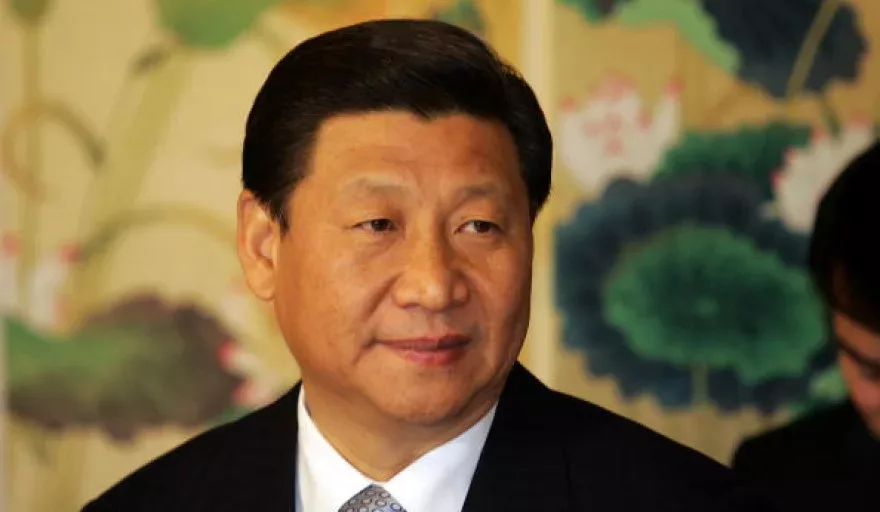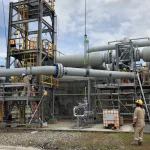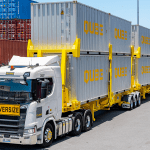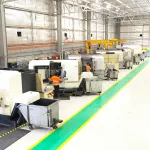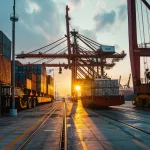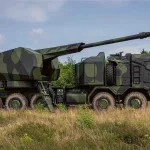China’s Xi Jinping began a two-day trip to neighbouring Mongolia on Thursday – the first Chinese president to visit in more than a decade – with trade high on the agenda against a backdrop of resource nationalism.
Mongolian Prime Minister Altanhuyag Norov welcomed Xi and his wife Peng Liyuan at Ulan Bator’s international airport, named for the Mongolian conqueror Genghis Khan. “China and Mongolia are now standing at a new historical point in growing their relations,” Xi said according to China’s official news agency Xinhua.
Beijing needs natural resources from abroad to power its economy, the world’s second largest, and the two countries share an extensive border and skyrocketing commercial links. Bilateral trade has soared to US$6 billion (S$7.5 billion) in 2013 from just US$324 million in 2002 and makes up more than half of Mongolia’s total foreign trade, Xinhua said.
China is the biggest investor in Mongolia, and also the largest market for its huge stocks of coal and copper. But resource nationalism has become the defining issue in Mongolian politics in recent years, with the country in 2012 tightening approval requirements for foreign companies seeking to do business in “strategic” sectors such as minerals.
Shurkuu Dorj, director of institute of international studies of the Mongolian Academy of Sciences, said Mongolia needs foreign investment and China’s presence at its doorstep brought both opportunities and risks. “China is offering a chance to Mongolia to develop and grow together,” he told AFP. “However, at the same time Mongolia has to be very careful not to become too reliant on China,” he added. “So this will be a great challenge for Mongolia.”
The foreign investment law was enacted after China’s biggest aluminium producer Chalco sought to take a stake in Mongolian company SouthGobi. The move could have seen control of Ovoot Tolgoi, one of the country’s biggest coalmines, fall into Chinese hands.
For decades a tightly controlled Soviet satellite, Mongolia shook off Communism nearly a quarter century ago and has emerged as a vibrant parliamentary democracy. The sparsely-populated country, with a population of about 2.8 million in an area more than four times the size of Germany, is landlocked between major powers Russia and China. In recent years its economy showed impressive growth, fuelled by demand for its resources, but expansion has slowed amid falling coal prices and foreign investment.
The state-run China Daily newspaper reported that a deal which gives Mongolia the use of “several” Chinese ports – including the busy northern hub of Tianjin – was expected to be discussed during the visit. Mongolian media reported that the deals to be signed included one enabling the country’s producers to sell coal and other minerals through eight Chinese seaports.
Xi was to meet Mongolian President Tsakhia Elbegdorj, who will hold a “family banquet” for the Chinese leader and Peng, assistant foreign minister Liu Jianchao told reporters ahead of the trip. Hu Jintao, Xi’s predecessor, was the last Chinese president to visit Mongolia, in 2003.
SOURCE: http://www.channelnewsasia.com/news/business/china-s-xi-visits/1323476.html

